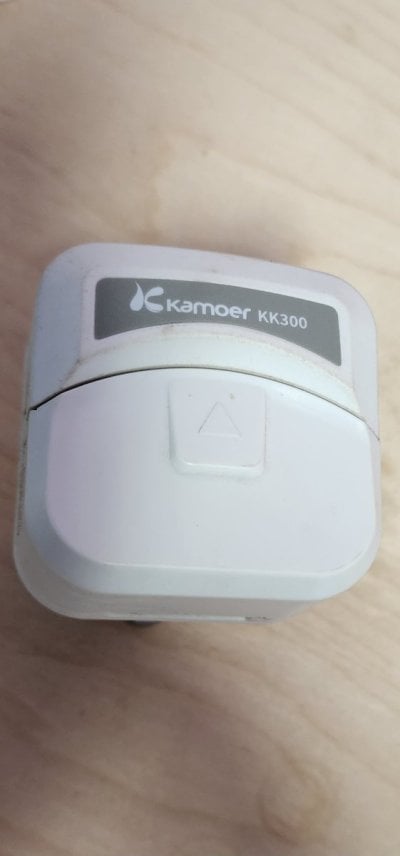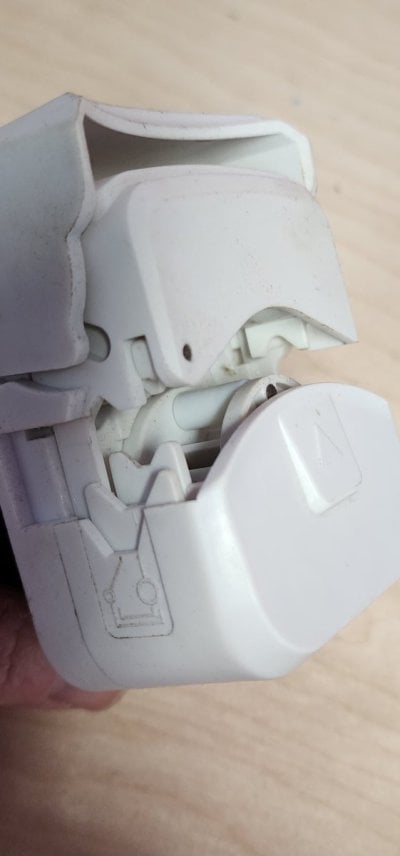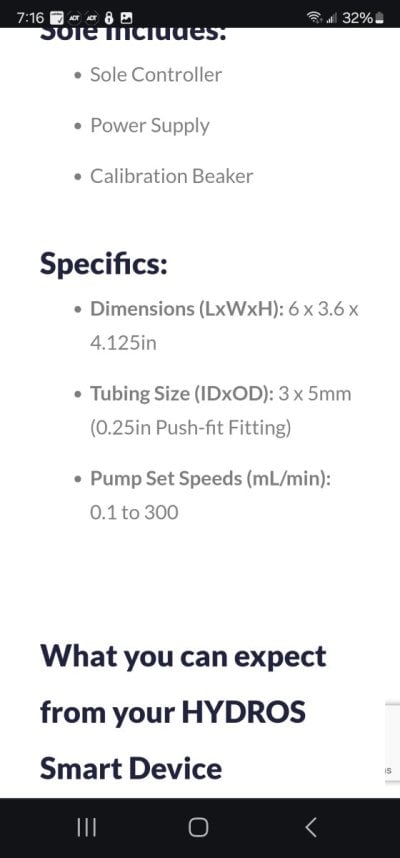- Joined
- May 3, 2020
- Messages
- 739
- Reaction score
- 977
I'm not an electronics guy, but I agree it seems like some unnecessary redundancy maybe. However it also allows for maximum flexibility. If for some reason I have a special need-e.g. a separately located RODI system, frag tank, whatever-I can pull any component from the ecosystem and use that stand alone if needed. Same when a newer, better controller comes out and I want to sell off my old components one by one, they can all act independently or as a collective as needed. And maybe from a systems design perspective it is just easier (and cheaper due to bulk purchasing and manufacturing) to use the same core electronics in every device, and as long as you have the chips there and have already worked out the programming you might as well let it function to its full capabilities. Otherwise you will have someone tear down one of the 'non-controller' units, see that it has all the same chips in it as the controller, and then complain "Hydros is intentionally disabling control functions in their satellite modules, they could be controllers themselves, they are just doing this to force you to buy more controllers, evil corporate greed crippling their devices just so you have to buy more...."The whole ecosystem makes no sense to me. You are spending a lot of money on stand alone controllers that chain together, but don’t need to be stand alone controllers and therefore could cost a fraction of what they do. I may be in the minority, best it feels very poorly thought out, almost random as to how the ecosystem has progressed.
I will say I used Apex for many years and it worked fine, no problems really, but I recently switched to Hydros and it was a shorter learning curve for this non-techy. Plus it is prettier FWIW.
Last edited:























